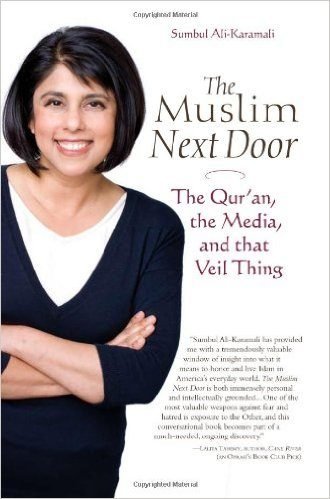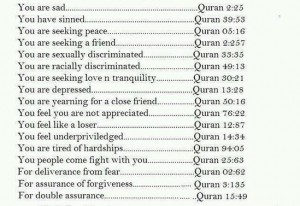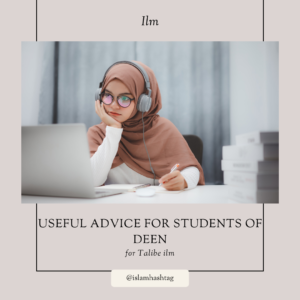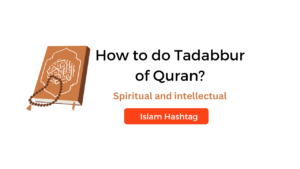Do you have a Friend who inquires you about Islam or a Neighbor who Simply has a wrong notion on Islam?Gift him this Book!
Thank you to the Islamophobic media that People are judgmental when it comes to Islam. Because of the negative Image that the Media has painted ,It gets difficult for us to explain Islam to someone who doesn’t know what Islam is all about .Using her own experiences along with extensive research, Sumbul Ali-Karamali has written an engaging and important book that will hopefully aid in understanding of Muslims in the Western worldview.In Her Book,”The Muslim Next Door”,She talks about the misconception People have about Islam .She answers why people think the Quran is violent, oppressive, etc. Ali-Karamali makes a very good case to the reader of why an English translation of the Quran cannot just be picked up, read, and understood due to the fact that the actual Quran is in Arabic and from a time 1,300 years ago in which verses were revealed due to specific circumstances. She even delves into the linguistic nature of Arabic that can cause trouble for non-Arabic speakers. Therefore, an English translation with no footnotes or context given for verses should not be the basis of one’s understanding of the Quran.The author also writes about why these misconceptions remain to exist, citing the media’s lack of fair coverage as one source. For example, she writes about how people still wonder, and have asked her, why the Muslim clergy and the Muslims in general have not made statements denouncing the acts of 9/11. She explains the extent to which Muslims have denounced the attacks but how they never made the news. Furthermore, she points out the difference in language the media uses when the story is about Muslims, for example she writes: “We do not ‘attack’ Muslims, we ‘respond’ to them,” she says.
About the Book,”The Muslim Next Door: The Qur’an, the Media, and That Veil Thing”

Author :
Sumbul Ali-Karamali is an American Muslim mom and former lawyer who grew up in a suburb of Los Angeles. In addition to her degree in English from Stanford and her law degree from University of California at Davis, she has a degree in Islamic law from the University of School of Oriental and African Studies (SOAS). Through her books, essays, and lectures, she answers questions on Islam and Muslims, both from within her tradition and from an academic perspective.Why Read /Gift this Book ?
Written from the point of view of an American Muslim, the book addresses what readers in the Western world are most curious about, beginning with the basics of Islam and how Muslims practice their religion before easing into more complicated issues like jihad, Islamic fundamentalism, and the status of women in Islam. Author Sumbul Ali-Karamali’s vivid anecdotes about growing up Muslim and female in the West, along with her sensitive, scholarly overview of Islam, combine for a uniquely insightful look at the world’s fastest growing religion.Price : $11.35You can Get It Here
Discover more from Islam Hashtag
Subscribe to get the latest posts sent to your email.






According to many Islamic scholars past and present””including a scholar you mention and praise in your book, Aisha’s marriage was consummated at the age of nine. Why did you write that “the sources variously cite her as somewhere between twelve and sixteen”?
Which Islamic or Arabic scholars have translated the word “Islam” as “peace”?
When and where did Timothy McVeigh explain or suggest that “Christian fundamentalist beliefs” motivated the Oklahoma bombing?
What is the source for your book’s estimate that Muslims make up 3% of the US population? Why did you decide to use this estimate instead of those from other recent studies?
Do you condemn Hamas as a terrorist organization? How do you propose convincing Sheikh al-Qaradawi, the “hundreds of scholars” that agree with him, and all of his followers that the tactics of Hamas violate Islamic law?
Could you provide the text of Qaradawi’s fatwa that declared “Osama bin Laden could not call himself a Muslim”? Why do you think Qaradawi has since refused to acknowledge bin Laden’s responsibility for 9/11?
In light of (a) Yusuf al-Qaradawi’s personal support of female circumcision, (b) the statement from an Al-Azhar lecturer that Muhammad “reaffirmed this custom,” and (c) Ibn Qudamah’s judgment that female circumcision is an “honour for women,” do you still claim female circumcision is “unequivocally antithetical to the principles of Islam”?
If Islam does not sanction honor killings, why would Al-Azhar (that “great center for Islamic studies”) certify a manual of Islamic law that rules killing one’s offspring is not subject to retaliation””and why would any mainstream Islamic group issue a religious ruling that harsher penalties for honor killings would “contradict the Shari’a”?
Given al-Qaeda’s statement that their conflict with the West “ultimately revolve[s] around one issue–”that Islam forces people “by the power of the sword to submit to its authority corporeally if not spiritually,” do you still believe that bin Laden opposes the US only because it’s “responsible for the turmoil in some of the Islamic world today”?
How do you reconcile the Qur’anic injunctions to make non-Muslims “feel subdued–”and, according to the Islamic scholar Ibn Kathir, “miserable,” “disgraced,” “humiliated,” “degraded,” and “belittled–”with your book’s point that the “Qur’an forbids discourtesy to Jews and Christians”?